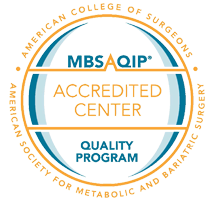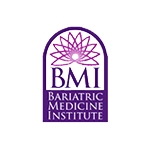You may already know that after gastric bypass surgery, you will need to make significant changes to your diet. While changing eating habits may seem overwhelming at first, small steps can make a big difference. In fact, according to recent research, gastric bypass patients who make long-term changes to their eating habits can lose between 50 and 60 percent of their original weight.
As your body heals following weight loss surgery, your diet will be limited to liquids and soft foods. After 10 to 12 weeks, your doctor will let you know when your body has healed enough to begin eating solid foods. For optimal health and nutrition, you will need to follow a high-protein, low-calorie, low-fat diet.
Gastric bypass surgery reduces the amount of food your body absorbs. While this is helpful for weight loss, it also means that everything you eat needs to pack a serious nutrition punch, so you don’t end up depriving your body of necessary vitamins and protein. Aim to consume between 60 and 80 grams of protein each day. This will prevent the loss of lean body mass. Your meals should be a good mix of high protein, fruits and vegetables. You may also need to take a vitamin supplement to ensure your body receives enough calcium, Vitamin D, B vitamins and iron every day.
Instead of grazing or constant snacking, eat several small, balanced meals throughout the day. When you first get started with your new diet, it may be helpful to weigh and measure your food portions. This will help you get an idea for how much of each type of food you should be eating.
Because of changes in your body’s digestive system, you will also need to avoid certain foods following bariatric surgery. Foods high in sugar and fat are difficult for your body to properly digest, and can result in ‘dumping syndrome’, an unpleasant combination of diarrhea, bloating and abdominal cramps. Carbonated beverages can stretch out your new, smaller stomach, making it difficult to feel full. Other foods, such as popcorn, doughy bread and tough meats are also difficult to digest, and you should avoid them when possible.


